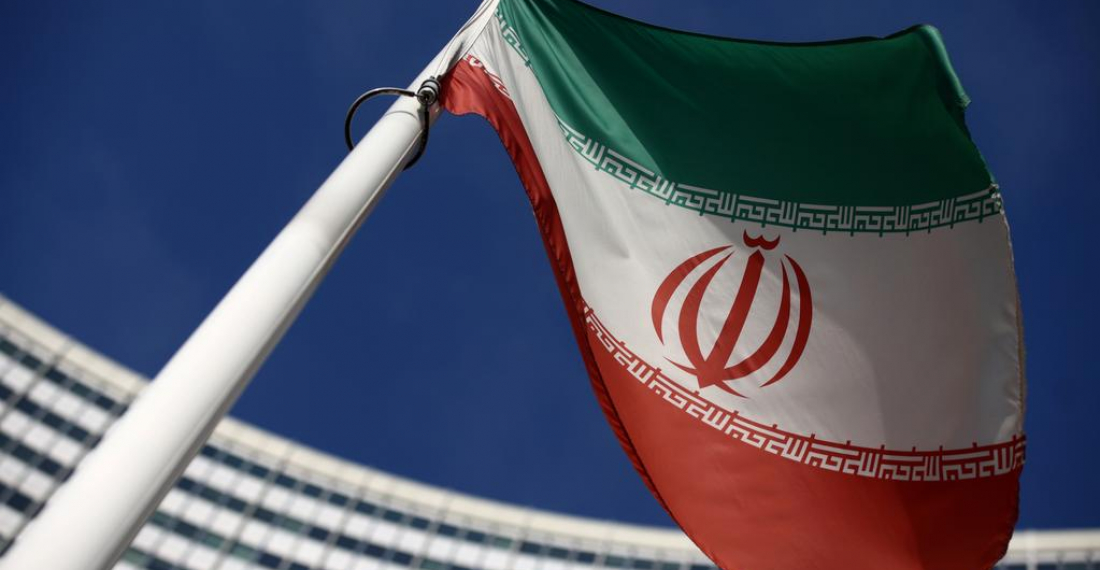Efforts to resume compliance with the 2015 Iran nuclear deal have stalled. Axios reports that Iran has rejected a US proposal that includes steps to release Iranian funds in South Korea in exchange for Iran backing down on some steps to reduce compliance with the nuclear deal, including reducing uranium enrichment.
Washington has previously tried to use the sanctions card to encourage Iran to return to compliance, but the efforts have been received with criticism in Iran. Tehran says it will not suspend uranium enrichment by 20 percent until all US sanctions are lifted. Meanwhile, American officials say sanctions will not be lifted before the reduction of enrichment.
Despite the latest stumbling block, sources say that Tehran and Washington now want to discuss a broader plan to return to the agreement.
"From what we are hearing publicly now, and through other means, it seems that they may not be interested in [discussing] the initial steps, but they are [interested in discussing] a road map to return to full compliance," one source said.
Three challenges remain before a return to the deal, namely the lack of direct channels of communication with Iran, divisions in the Iranian leadership, and the presidential election in Iran.
Meanwhile, the Élysée Palace reported that French President Emmanuel Macron on Tuesday discussed several files with German Chancellor Angela Merkel and his Russian counterpart Vladimir Putin, agreeing in a video conference to co-ordinate efforts to restore Iran to full compliance with its international obligations as soon as possible.






